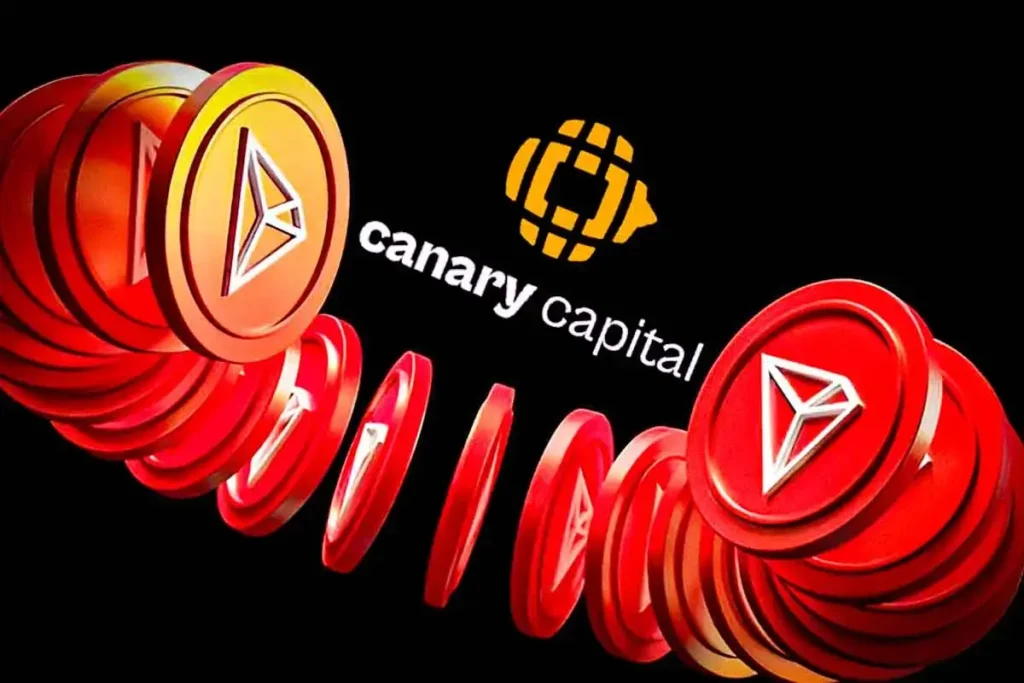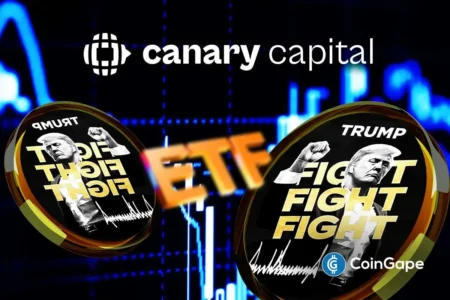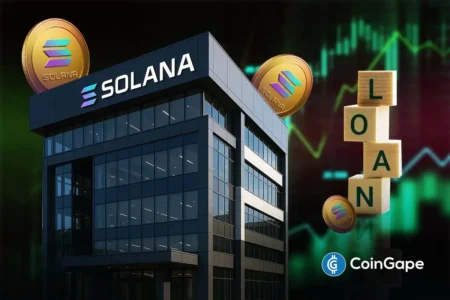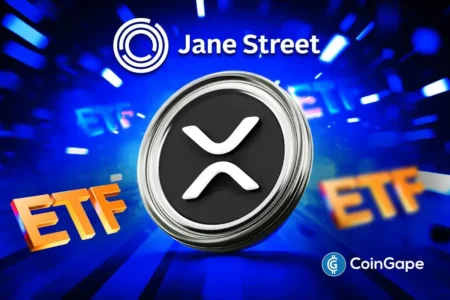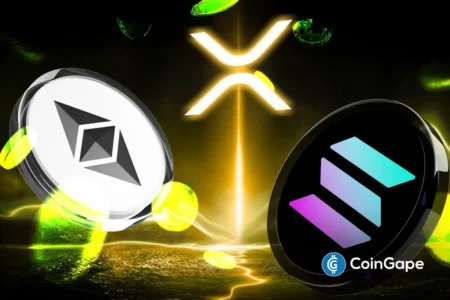US SEC Acknowledges Staked Tron ETF: A New Era for Crypto Investments
In a recent update from the world of cryptocurrencies, the U.S. Securities and Exchange Commission (SEC) has taken a significant step forward by officially acknowledging Canary Capital’s application for a Staked Tron ETF. This news arrives amidst growing impatience over the SEC’s delays in approving multiple exchange-traded funds (ETFs), including those for staked Ethereum (ETH). The acknowledgment of the staked Tron ETF filing is stirring a renewed optimism in the crypto community and raising crucial questions about the future of digital asset investments.
What Is a Staked Tron ETF?
A Staked Tron ETF represents a unique financial instrument designed to hold the TRX token while capitalizing on the benefits of staking. In essence, the ETF allows investors to earn staking rewards while gaining exposure to one of the leading proof-of-stake digital assets, TRX. The proposal put forth via the Cboe BZX Exchange highlights various safeguards, such as structured market size, impossibility of manipulation, and strict surveillance measures. This ETF would keep TRX securely in cold storage and rely on cash-only creation and redemption processes. Investors would trade share blocks based on the fund’s net asset value, making it a promising avenue for crypto enthusiasts.
A Promising Development Amidst Delays
Following SEC’s acknowledgment of the Staked Tron ETF, investment analysts are expressing optimism over the development. James Seyffart, an analyst at Bloomberg, commented on social media, highlighting the positive aspect of the SEC recognizing Canary Fund’s filing amid a wave of delays for other ETFs like those from Bitwise and CoinShares. The stark contrast between the recent delays and this acknowledgment fuels market optimism, showing that the SEC is gradually opening doors for cryptocurrency investment options.
Staked Tron vs Staked Ethereum ETFs
While optimism surrounds the Staked Tron ETF, the SEC has continued to delay its decision on other significant filings, including the proposal from 21Shares to integrate staking services into its spot Ethereum ETF. The review period has now been extended, which could mean a potential approval delay into late 2025. Despite these setbacks, the recognition of the Staked Tron ETF submission appears to mark a turning point. Investors are eager to see how regulatory bodies will react in the coming months and how this will impact the broader cryptocurrency market.
Future Uncertainty Yet to Be Addressed
Despite the SEC’s recent acknowledgment of the Staked Tron ETF, its approval is far from guaranteed. Both Canary Capital and Tron have remained silent on the matter, with no indications given regarding the approval timeline. Market participants remain cautiously optimistic, yet mindful of the hurdles that still must be cleared before the ETF becomes a reality.
The Bigger Picture: Cryptocurrency’s Regulatory Landscape
The recognition of the Staked Tron ETF is a pivotal moment not only for Canary Capital but also for the cryptocurrency landscape at large. While this advancement signals a shifting attitude from regulatory authorities, the complexities behind crypto regulations remain intricate. Investors and stakeholders alike are hoping that this will open avenues for other ETFs, further legitimizing cryptocurrency as a viable investment vehicle.
Conclusion: A Call for Vigilance and Research
As this story develops, it serves as a reminder for crypto investors to remain informed. The announcement of the Staked Tron ETF is exciting, but it is essential to remember that the landscape is still fraught with uncertainty. Therefore, comprehensive research and a cautious approach to investment remain vital. As regulations evolve, the future of cryptocurrencies and ETFs will undoubtedly shape the financial markets for years to come, leading to new opportunities and challenges.
Stay tuned for more updates as this story unfolds!




